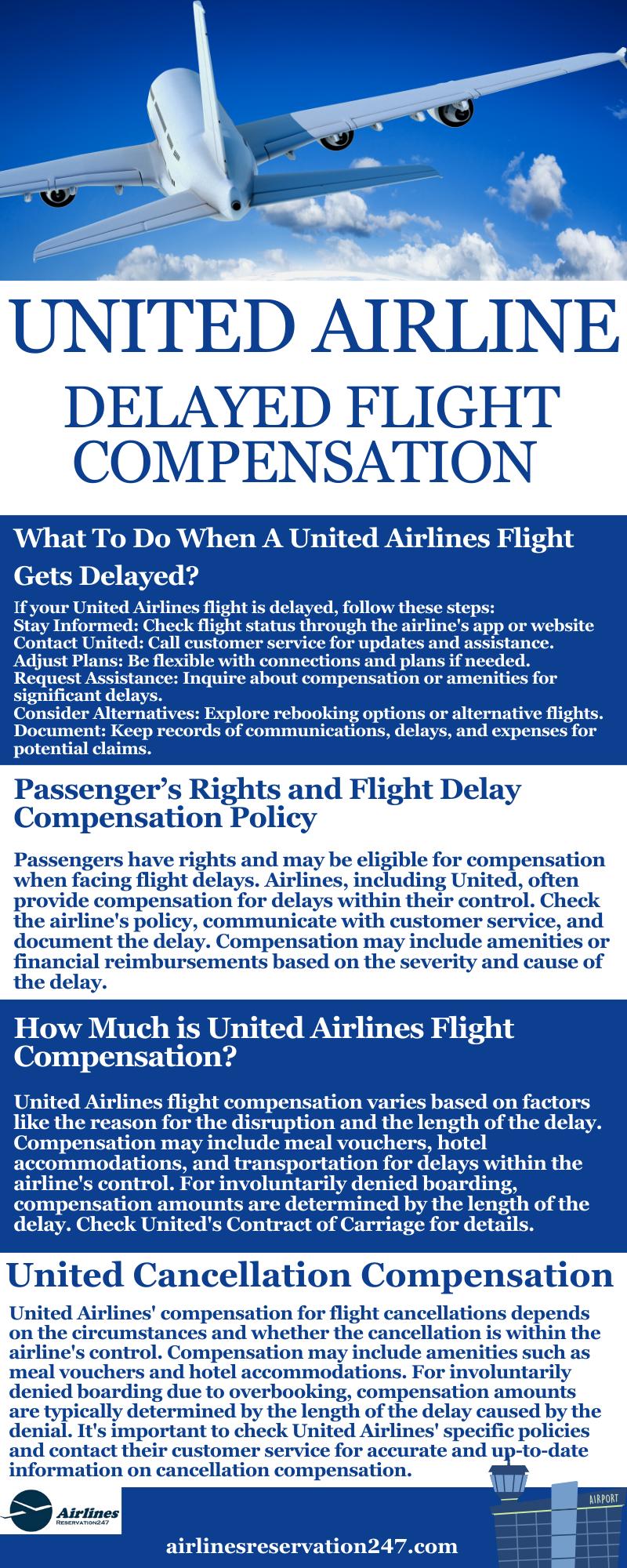When planning a trip, the excitement of new experiences and destinations often takes center stage. However, the unpredictability of weather can swiftly turn anticipation into frustration, as storms, hurricanes, or other adverse conditions lead to unforeseen travel disruptions. This is where travel insurance policies with weather-related cancellation coverage become invaluable. Understanding these specialized policies can empower travelers to safeguard their plans and finances against the whims of nature. In this article, we will delve into the essentials of weather-related cancellation coverage, exploring how these policies work, what they typically cover, and how to choose the right one for your travel needs. With the right information, you can travel with confidence, knowing that your journey is protected against even the most unpredictable elements.
Understanding Weather-Related Cancellations in Travel Insurance Policies
When planning a trip, it’s crucial to understand how your travel insurance handles cancellations due to weather. Many policies offer coverage for these unexpected events, but the specifics can vary. Typically, weather-related cancellation coverage kicks in when severe weather conditions prevent you from starting or continuing your trip. However, it’s important to note that the mere forecast of bad weather may not be enough to trigger a claim.
- Covered Events: Most policies will cover cancellations due to hurricanes, blizzards, or other severe weather conditions that disrupt travel plans.
- Documentation Required: Be prepared to provide official weather reports or airline notifications to support your claim.
- Exclusions: Delays or cancellations due to mild weather changes or anticipated weather events that were forecasted prior to purchasing the policy might not be covered.
- Timing: Ensure you purchase your travel insurance well in advance of any anticipated weather issues to avoid exclusions related to pre-existing conditions.
Understanding the nuances of your policy can save you from unexpected costs and stress, ensuring a smoother travel experience even when the weather doesn’t cooperate. Always read the fine print and consult with your insurance provider to clarify any uncertainties.

Evaluating Coverage Options for Weather-Induced Travel Disruptions
When assessing the potential of travel insurance policies that cover weather-induced travel disruptions, it is crucial to delve into the specifics of what each policy offers. Coverage can vary significantly between providers, so it’s essential to understand the nuances. Typically, these policies may cover costs related to:
- Flight cancellations and delays: Policies often reimburse travelers for unexpected expenses arising from delayed or canceled flights due to severe weather conditions.
- Lodging and meals: If you find yourself stranded due to weather, many policies will cover additional lodging and meal expenses incurred.
- Alternative transportation: Some policies may provide for alternative travel arrangements if your original plans are disrupted.
- Non-refundable expenses: Coverage often includes non-refundable payments made for tours or activities that you cannot attend due to weather disruptions.
To make the most informed decision, it is advisable to read the fine print carefully and ensure that the policy aligns with your travel needs and the likely weather conditions of your destination. Additionally, consider the policy’s claim process, as a smooth and efficient process can significantly reduce stress during unforeseen weather events. Always remember, the right coverage can transform a potentially chaotic situation into a manageable one.

Key Factors to Consider When Choosing Weather Cancellation Coverage
When evaluating weather-related cancellation coverage within travel insurance policies, several pivotal elements should guide your decision. First, understand the scope of coverage offered. Not all policies are created equal; some might cover only severe weather events, while others may include a broader range of conditions. It’s essential to determine whether the policy covers pre-trip cancellations, delays, or interruptions caused by adverse weather. Additionally, check for any exclusions that might limit the effectiveness of the coverage.
Consider the claims process and reimbursement timelines, as these can vary significantly between providers. A straightforward and efficient claims process can save you from added stress during an already challenging situation. You might also want to look into customer reviews and ratings of the insurance company to gauge their reliability and customer service quality. Furthermore, pay attention to the cost of the policy in relation to the coverage offered, ensuring that it aligns with your travel needs and budget.
- Understand the scope of coverage.
- Check for any exclusions.
- Consider the claims process and reimbursement timelines.
- Review customer feedback and ratings.
- Ensure the cost aligns with your needs and budget.

Expert Recommendations for Maximizing Your Travel Insurance Benefits
When it comes to making the most of your travel insurance, particularly for policies that include coverage for weather-related cancellations, being informed and proactive can save you both time and money. Start by thoroughly reading your policy document to understand the specifics of what weather conditions are covered. This might include hurricanes, blizzards, or other severe weather events that could disrupt your travel plans. Knowing the nuances can help you determine when you’re eligible to file a claim.
Here are some expert tips to ensure you’re fully prepared:
- Monitor Weather Forecasts: Keep an eye on weather updates for your destination, especially during the travel seasons known for unpredictable conditions.
- Document Everything: If a weather-related event occurs, maintain records of all related communications, such as airline notices and hotel confirmations.
- Act Quickly: If your travel is disrupted, contact your insurance provider promptly to initiate the claims process. Delays in reporting can sometimes affect the outcome of your claim.
- Stay Informed: Keep updated with the latest travel advisories and weather warnings from reputable sources to make informed decisions about your travel plans.

